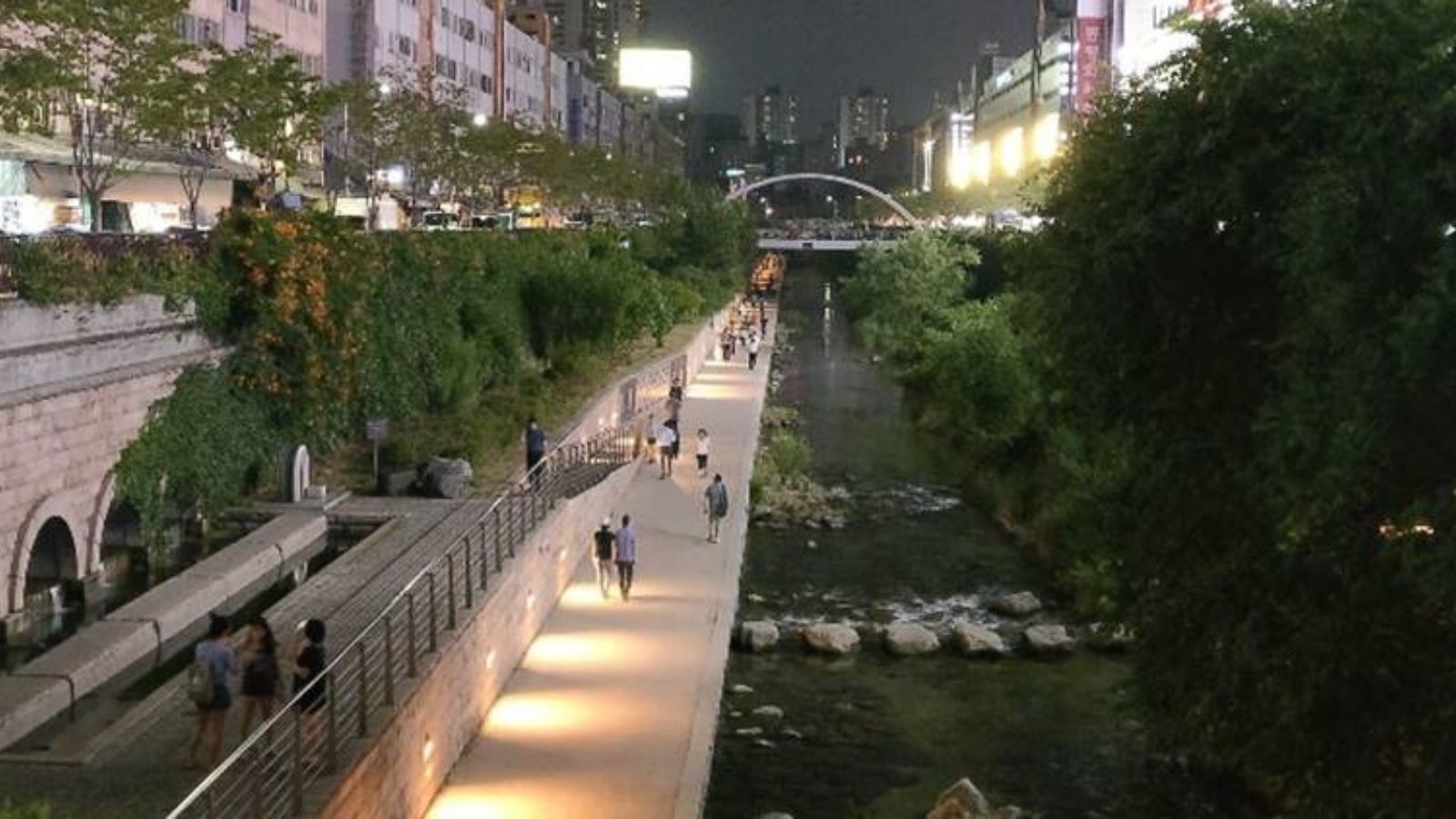By Apula Singh , Alumni of Vision India Foundation
The article was originally published in The Indian Express
The source of this image is Vision India Foundation
WHEN INDIA IS IMPLEMENTING ITS OWN SMART CITIES MISSION, LESSONS FROM SEOUL ARE VALUABLE AND DESERVING OF SERIOUS REFLECTION AND ADAPTATION. THREE KEY AREAS OF URBAN DEVELOPMENT ARE PARTICULARLY IMPRESSIVE AND I STRONGLY FEEL THAT LESSONS FROM SEOUL CAN BE ADAPTED BY INDIAN METROPOLISES TO IMPROVE BASIC SERVICES AND QUALITY OF LIFE.
Study tours can facilitate comparative learning of governance models. I recently spent a fortnight in Seoul, studying about Seoul’s urban governance, the smart city initiatives and technological challenges of governing large urban systems. Seoul city, with a population of 10.2 million people living in an area of 605 sq. km and 24.5 million people across the Seoul Metropolitan area, is one of the largest and most densely populated city in the world. It hosts 20% of South Korea’s population. Seoul continuously strives for vibrant public spaces and quality urban services while promoting participative governance. The city has repeatedly topped the UN’s Municipal e-Governance survey and is widely recognised as a Smart City benchmark.
When India is implementing its own Smart Cities Mission, lessons from Seoul are valuable and deserving of serious reflection and adaptation. Three key areas of urban development are particularly impressive and I strongly feel that lessons from Seoul can be adapted by Indian metropolises to improve basic services and quality of life.
Read more on The Indian Express

